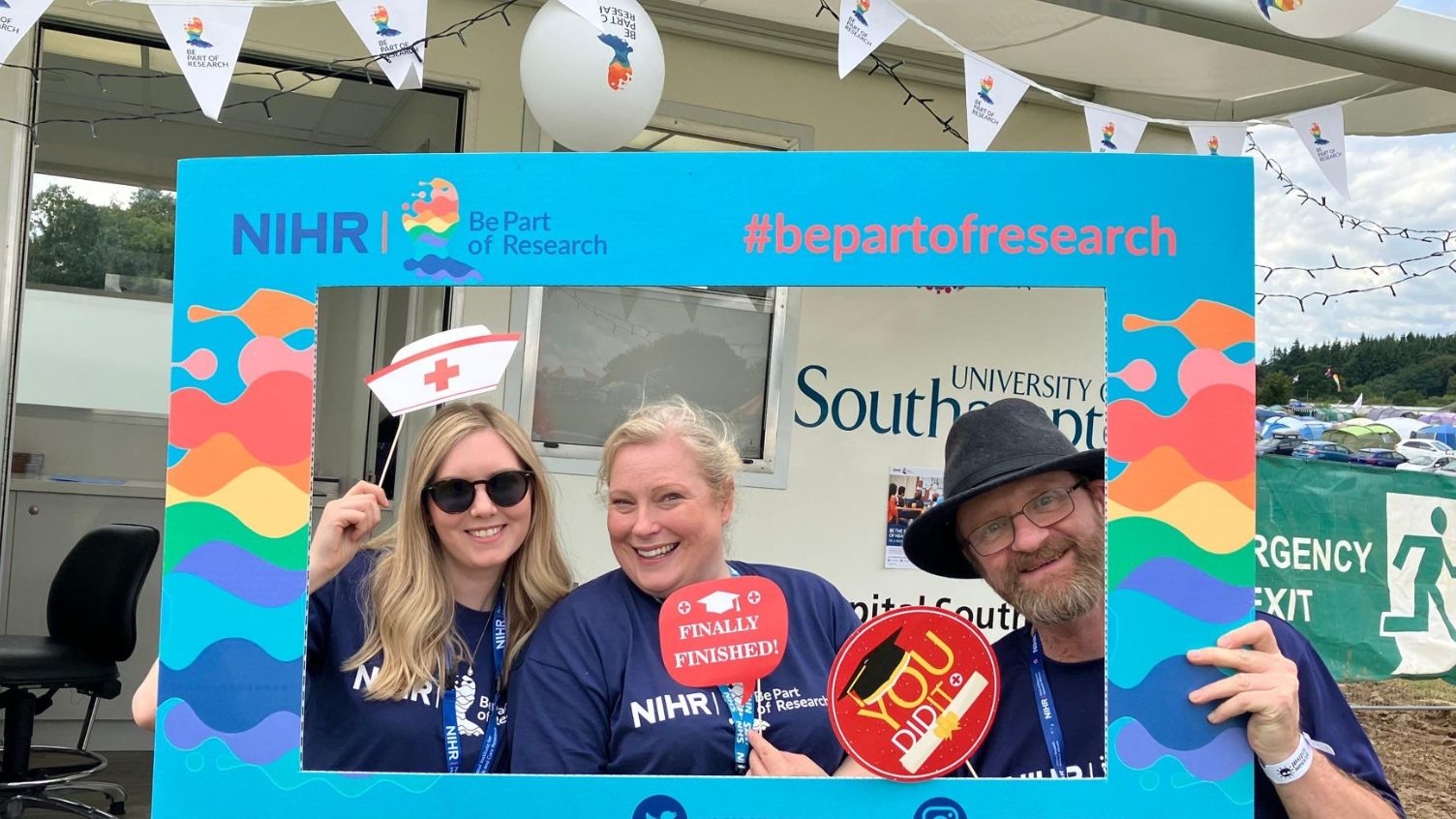Sheffield study helped Neil return to work
- 5 March 2020
- 2 min read
Neil was made employee of the month following his return to work after taking part in the Working Win research study.
Research enabled Neil to return to work
A man from Sheffield has told how taking part in a research study has helped him return to work following a six-month absence.
Neil had been trying to get access to support via his GP for around two months, but with most services only offering online sign-up, Neil (who describes himself as 'internet-phobic') had been unable to book an appointment. He returned to his doctor, who told him about the Working Win study.
"I was given a leaflet about Working Win, the GP gave me a little lowdown on what it was and what it was trying to achieve, and after looking online I called up and made an appointment."
The study, funded by the NHS and the Government's Work and Health Unit, is an experimental trial testing a new employment support service for people with a health condition, aiming to find out how effective this new service is for helping people to find and stay in work.
Participants have an initial appointment, and are either given access to the new services, which provide them with one-to-one support, or directed to those already in place. Neil's first appointment was with Megan, one of the coaches working with the trial.
"In that first appointment we go through some consent forms and questions about your health, wellbeing, employment history and income, and then participants are randomly allocated to one of the research groups," she explains.
Neil was assigned to the group receiving the new services, and met with Megan to discuss in more detail what he wanted to achieve from the appointments: "On the first occasion, I explained the difficulties I'd been having with getting access to IAPT, and in about ten minutes she'd sorted it all out for me".
Neil had attempted to return to his post as a hotel storeman twice previously, and he and Megan worked together to understand what had gone well and what extra support could be put in place to make his next return successful. They decided to trial a phased return approach and so he returned on a four hour per-day basis, just a month after his initial appointment, going on to increase his hours gradually back to full seven hour days.
Neil says he knew this return was different to his two previous attempts: "I was nervous, but I knew from what we talked about that if I had problems I had the confidence to go to my employers [about it]" he said. "I wouldn't have had that confidence before. I know Megan is only a phone call away so it's a weight off my mind."
Neil's return to work was a success - he was even recently made employee of the month. He and Megan still meet every couple of weeks to discuss his progress at work and any further skills or support he wants. He says he would absolutely recommend that others get involved in research: "it's been really beneficial. I feel like there's someone there behind me to support me."


